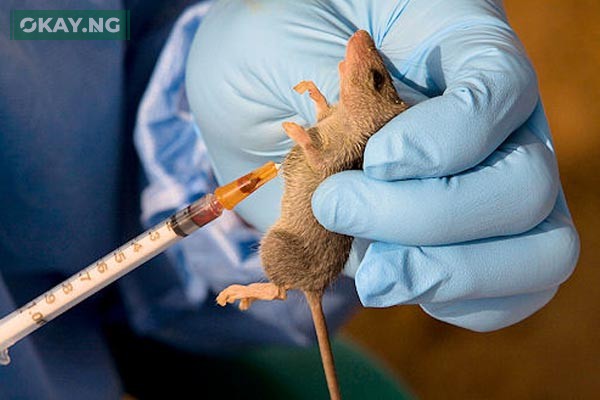The Executive Director of the International Centre of Excellence (IRCE), Professor Alash’le Abimiku, has announced that the similarity of Lassa virus strains detected in Nigeria and other West African nations offers renewed optimism for the development of a single vaccine capable of protecting millions in the region.
The IRCE was established in 2016 under the Institute of Human Virology, Nigeria (IHVN), with a focus on combating infectious diseases and strengthening public health research. Speaking ahead of the institute’s 3rd Annual Scientific Symposium themed “Combating Viral Threats through Public Health Response and Research,” Abimiku highlighted groundbreaking studies on Lassa fever transmission.
“One of the first studies we did was to understand how the strains are changing. We also studied the rodent, the rat that carries this virus, its characteristics and behaviours in Bauchi, Edo and other states. This helps us determine if the strains are the same or different,” she said.
According to her, while mutations exist, findings reveal that Lassa virus strains across Nigeria remain largely similar. “That is good for vaccine development because if you make one vaccine, it can cut across,” she explained.
Lassa fever, an acute viral hemorrhagic illness caused by the Lassa virus, is transmitted through contact with food or household items contaminated with urine or faeces of infected rats. Symptoms, as outlined by the Nigeria Centre for Disease Control and Prevention (NCDC), include fever, chest pain, headaches, weakness, nausea, and in severe cases, bleeding from the nose, gums, or gastrointestinal tract.
okay.ng reports that the disease is endemic in Nigeria, with Edo, Ondo, and Bauchi states recording high prevalence. Case fatality rates reach between 15–20 percent among hospitalized patients, underlining the urgent need for vaccine intervention.
Abimiku further disclosed that several candidate vaccines are already undergoing trials in countries including Nigeria, Liberia, and Senegal. Research outcomes from Nigerian studies will prove critical in ensuring their regional effectiveness. “Once a safe and effective vaccine is developed, it could be a game-changer in reducing the annual toll of Lassa fever,” she emphasized.
Current NCDC data shows that between January and August 2025, Nigeria confirmed 857 cases and 160 deaths, representing an 18.7 percent fatality rate—higher than the 17.1 percent reported during the same period in 2024. The most vulnerable group remains young adults between 21 and 30 years of age.
On HIV/AIDS research, Abimiku acknowledged challenges tied to suspension of U.S. government funding but stressed that IHVN remains committed to sustaining global-standard studies.







